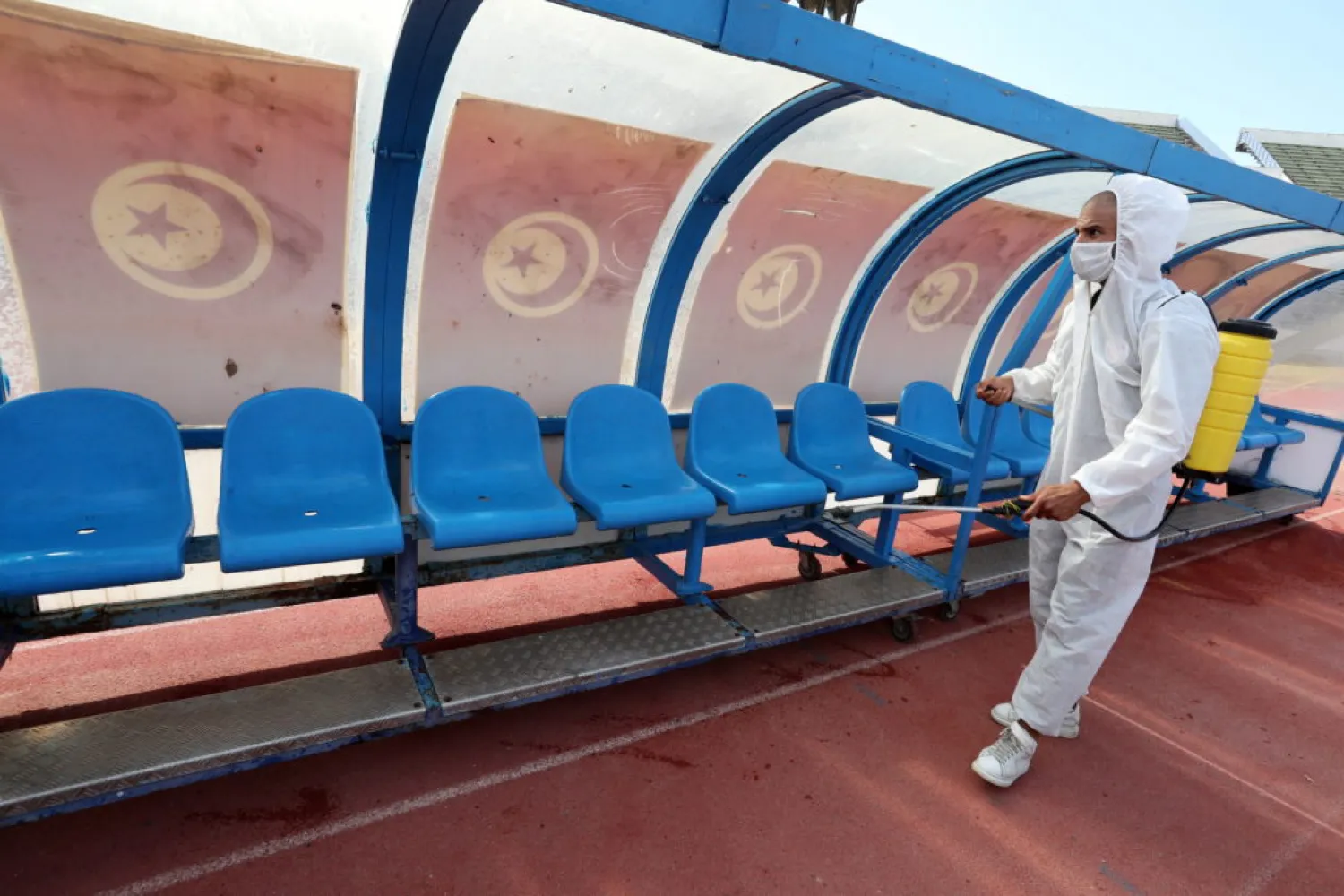Tunisia, which will open its land, sea and air borders on June 27, has announced ending the mandatory quarantine for Tunisians returning from abroad in hotels on their own expense.
According to AFP, it will instead request test results that prove travelers are free of the novel coronavirus.
Starting from June 18, repatriated Tunisians will have to submit negative result of the polymerase chain reaction (PCR) diagnostic test for COVID-19, the premiership announced in a statement.
However, these tests will be taken into account provided that they are conducted from no more than three days since arriving in the Tunisian borders, and returnees will also have to be subjected to a 14-day self-quarantine.
Quarantine has been mandatory in Tunisia, as returnees have been obliged to stay in hotels for a period of seven days, to be completed with a self-quarantine for an additional seven days, according to AFP.
After June 27, Tunisia will allow all travelers to enter its territory upon providing negative test results for COVID-19, and it will check temperature of all tourists landing in its airport.
Tourists arriving in groups will be transferred to the hotel on tourist buses, which will be committed to the rules of the health protocol for Tunisian tourism, the statement read.
Hotels will also have to apply the rules of social distancing, which stipulate that meals are served individually rather than a buffet, in addition to respecting the safe distance between tables and chairs and the area of three square meters between people in swimming pools.
Tourists will also be allowed to visit museums, monuments and tourist archaeological sites while respecting the health protocol in each site and make the PCR test before returning to their home countries.
Tunisia closed its borders mid-March to limit the coronavirus outbreak. It recorded 49 deaths and few new cases per day, most of who are subjected to quarantine upon their repatriation.









